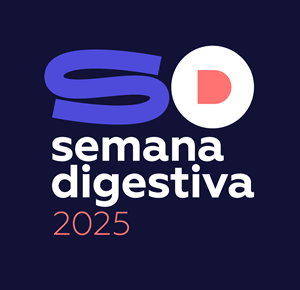Methods: We aimed to evaluate the ability of some upper GI bleeding-related scores (AIMS65, Glasgow-Blatchford, Rockall, HARBINGER, and Baylor) as well as some patient-related factors to predict positive SBCE findings in ongoing OGIB. For such, we retrospectively included all patients with overt OGIB submitted to SBCE in the first 48 hours after bleeding onset.Results: A cohort of patients (n=83) who had performed small bowel capsule endoscopy (SBCE) for overt OGIB (69.2% male, median age 68.0±14.1) was included. None of the five upper GI bleeding-related scores was able to predict the detection of small bowel lesions (p>0.05, with areas under the ROC curve <0.60). Regarding patient-related factors, no associations were identified between small bowel positive findings and age, comorbidities (heart, kidney or liver diseases, neoplasia), heart rate, blood pressure, taking anticoagulants, non-steroid anti-inflammatories or proton pump inhibitors, analytical parameters (hemoglobin, coagulation, urea, creatinine) or transfusion requirements. The only factor identified as significant was taking antiplatelet drugs (p=0.02).Conclusions:The clinical scores usually applied to predict upper GI bleeding are not useful to foretell mid-GI bleeding. Also, our analysis failed to identify patients’ characteristics’ that made them more prone to present positive findings on the SBCE.

 Semana Digestiva 2025 | Todos os direitos reservados
Semana Digestiva 2025 | Todos os direitos reservados